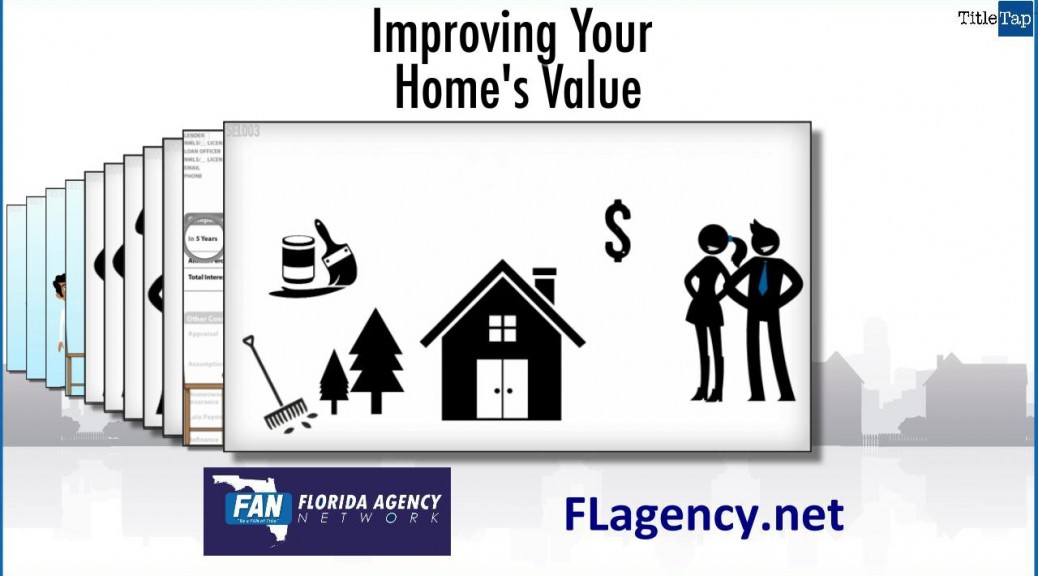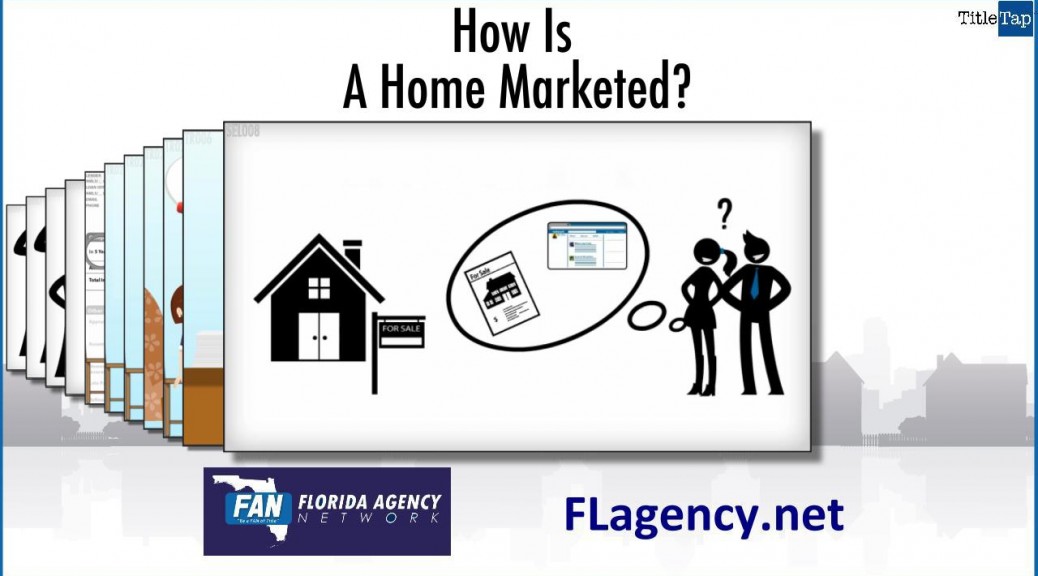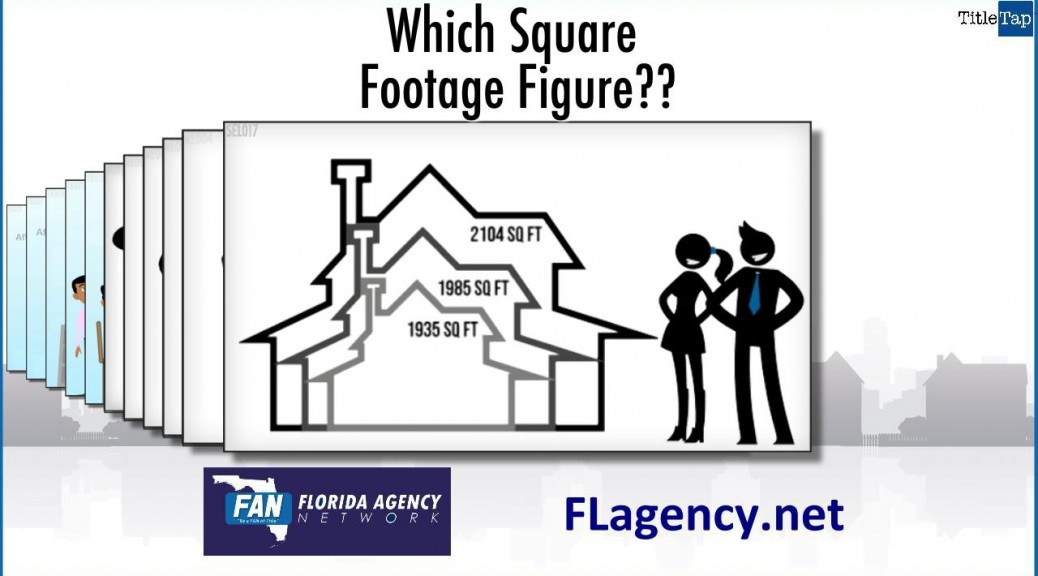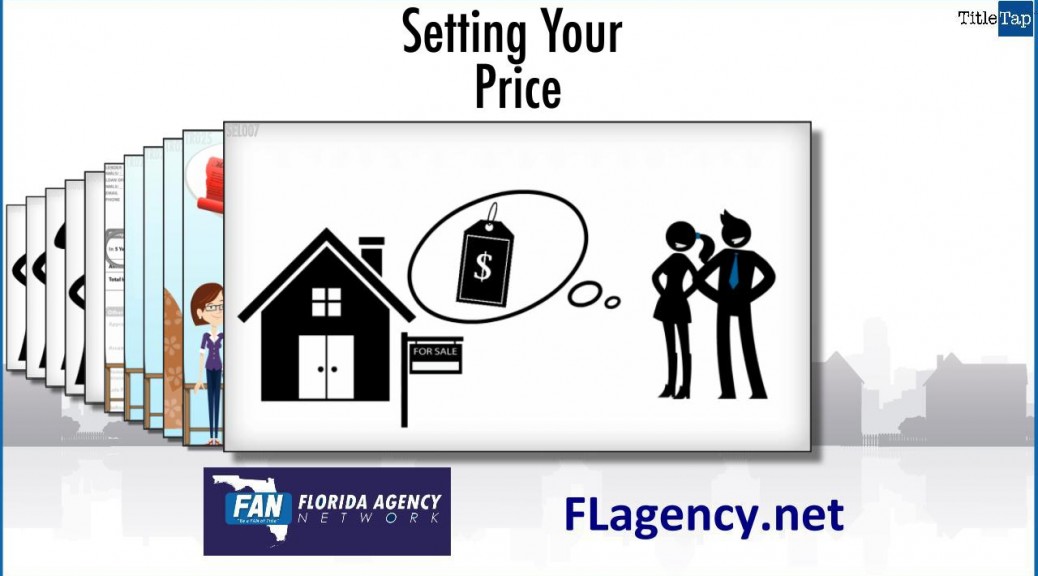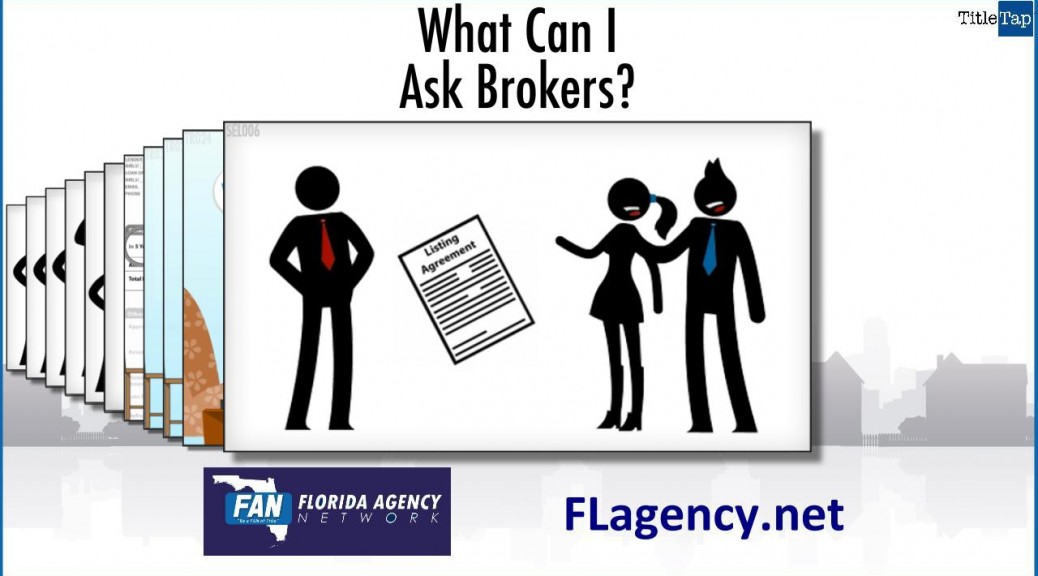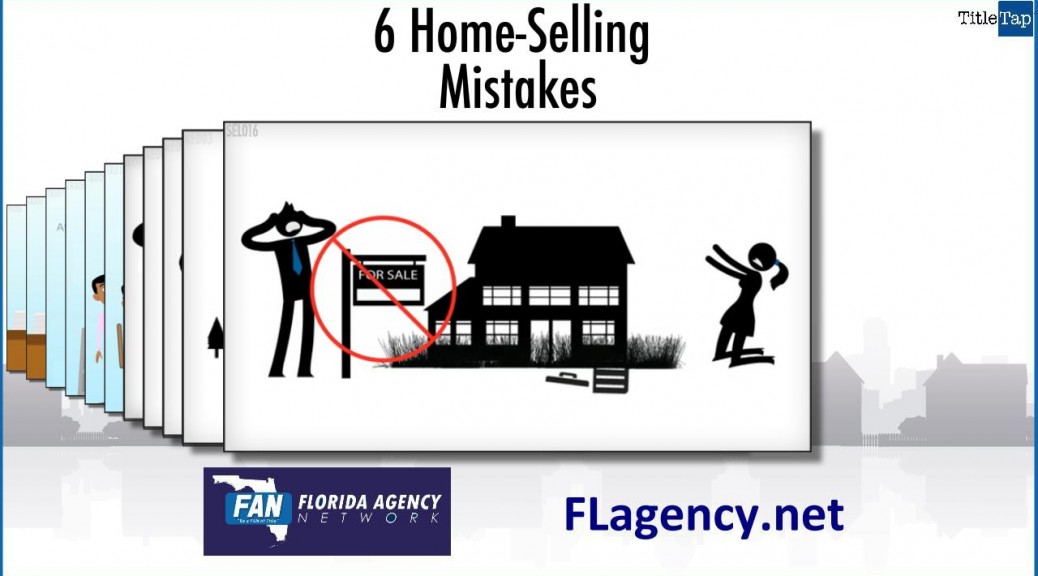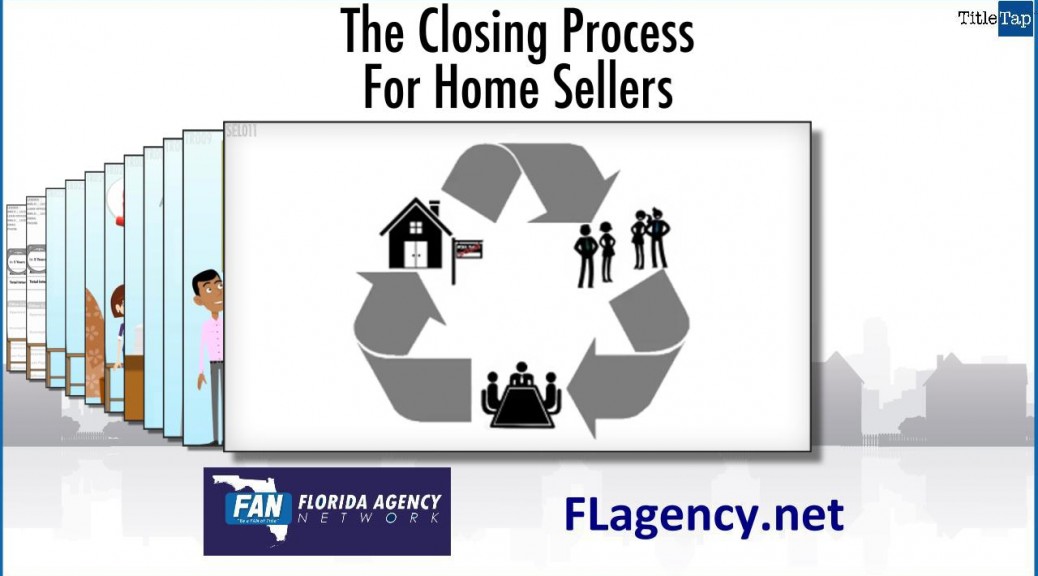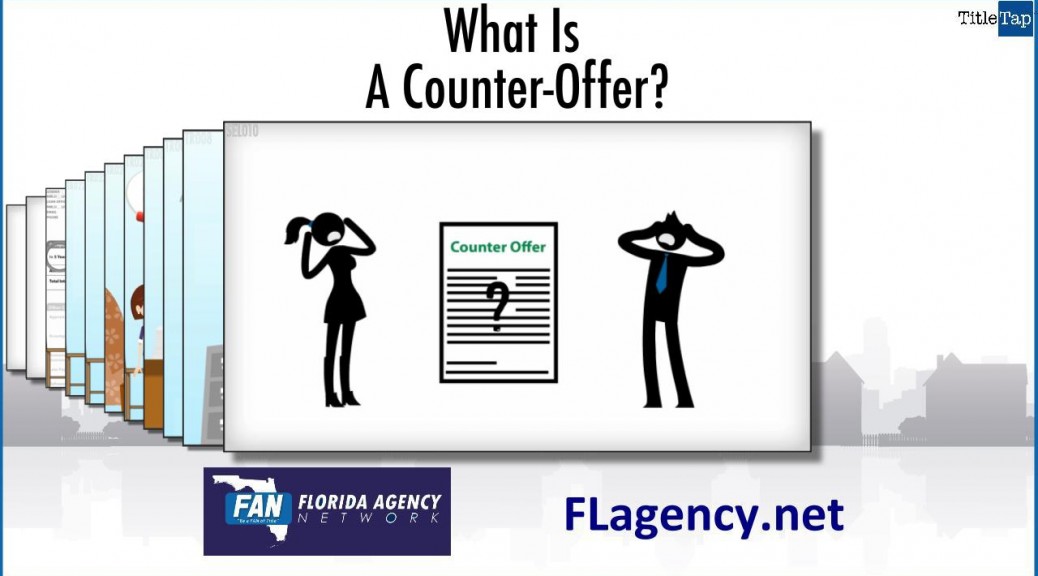http://fwd5.wistia.com/medias/fhtfovosih?embedType=iframe&videoFoam=true&videoWidth=640
Buyers generally seek the least expensive home in the best neighborhood they can handle. Like the guy in the video says, you want to present a home that fits in the neighborhood but doesn’t stand out too much.
For example if neighbors are all 4 bedrooms, 3 baths and 3000 square feet additions that make your home 5, 4, and 4000 will make yours harder to sell.
Improvements should make it show well and fit well in the neighborhood. Last-minute capital investments in large structural changes aren’t likely to pay off.
But cosmetic upgrades like paint and landscaping help a home “show” better and often do pay off.
Of course, all systems and appliances should work to get a top price. To make your home competitive and attract buyers and bids work with a professional real estate agent and start early.

